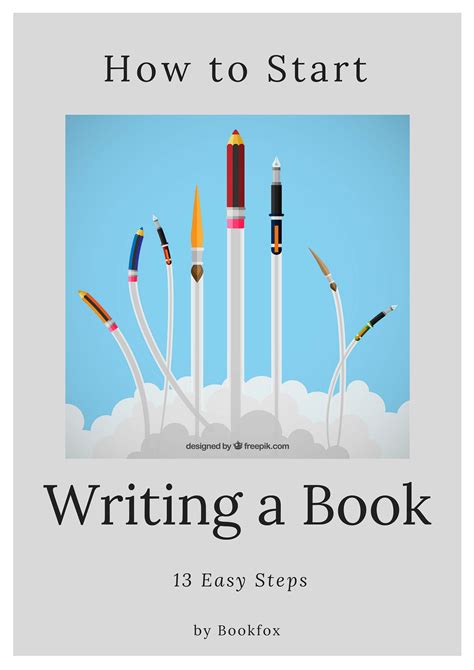How To Start a Book: From Blank Page to Captivating Chapter
So, you've got a great book idea brewing. Congratulations! But staring at that blank page can be daunting. Many aspiring writers get stuck before they even begin. This guide will walk you through the essential steps to finally start writing your book, overcoming common obstacles and building a solid foundation for your narrative.
1. Develop Your Idea: More Than Just a Spark
Before diving into writing, you need a robust concept. A "great idea" needs nurturing. This involves more than just a fleeting thought; it requires careful planning and development.
Fleshing Out Your Concept:
- Genre and Target Audience: What genre are you writing in (fantasy, romance, thriller, etc.)? Knowing your genre helps establish expectations and informs your writing style. Who is your target audience? Understanding your readers shapes your voice and tone.
- Logline: Craft a concise one-sentence summary of your book. This helps clarify your central plot and ensures you stay focused.
- Character Development: Create compelling characters with distinct personalities, motivations, and flaws. Give them backstories and arcs that will evolve throughout the narrative.
- Plot Outline: Develop a basic plot structure. You don't need a rigid plan, but a roadmap of major events and plot points will keep you on track. Consider using a plot diagram or outlining software to help.
2. Worldbuilding (If Applicable): Crafting a Believable Setting
For genre fiction, particularly fantasy and science fiction, worldbuilding is crucial. This involves creating a believable and immersive setting with its own rules, history, and culture.
Essential Worldbuilding Elements:
- Geography: Map out your world's physical landscape.
- History: Develop a history for your world, even if only briefly mentioned in the text.
- Culture and Society: Define the societal norms, beliefs, and customs of your characters.
- Magic System (for fantasy): If your story includes magic, create a consistent and believable magic system with rules and limitations.
3. Writing Your First Chapter: The Hook and the Promise
The first chapter is crucial. It's your chance to grab the reader's attention and establish the premise of your book.
Key Elements of a Compelling First Chapter:
- Hook: Start with a captivating opening line or scene that immediately draws the reader in.
- Introduce Your Protagonist: Let the reader get acquainted with your main character, even if only briefly.
- Establish the Setting: Give the reader a sense of where and when the story takes place.
- Introduce the Conflict: Hint at the central conflict or problem your protagonist will face.
- End with a Cliffhanger (optional): Leaving the reader wanting more is a great way to keep them engaged.
4. Overcoming Writer's Block: Tips and Strategies
Writer's block is a common challenge. Don't let it derail your progress.
Strategies to Break Through Writer's Block:
- Freewriting: Write continuously for a set amount of time without worrying about grammar or style.
- Mind Mapping: Visualize your ideas and connect them using a mind map.
- Change Your Environment: Try writing in a different location.
- Take a Break: Sometimes, stepping away from your work is the best way to overcome block.
5. Consistency is Key: Building a Writing Habit
Starting a book is one thing; finishing it is another. Establishing a consistent writing routine is essential for completing your project.
Developing a Writing Routine:
- Set Realistic Goals: Don't try to write too much too soon. Start with small, achievable goals.
- Schedule Writing Time: Treat writing like any other important appointment.
- Find Your Ideal Writing Time: Experiment to find when you're most productive.
- Track Your Progress: Use a writing tracker to monitor your progress and stay motivated.
Starting your book can feel overwhelming, but by breaking down the process into manageable steps and focusing on consistent effort, you can successfully navigate the journey from blank page to finished manuscript. Remember, the most important step is simply to begin!
